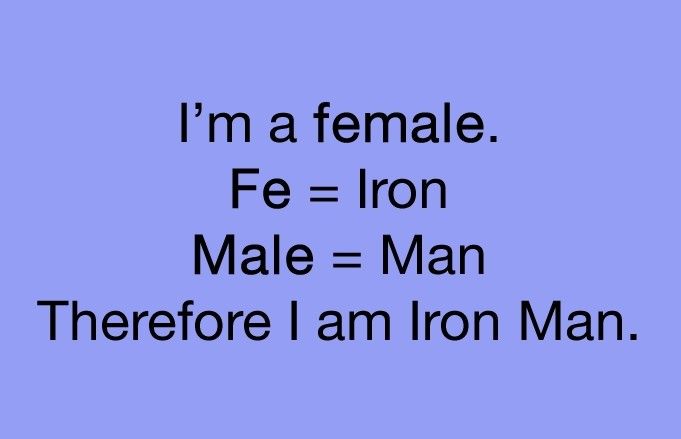I have decided to
become vegetarian for both ethical and health reasons. In order to do a smooth
switch of diet I am actively researching nutrition information about the
various nutrients you need and where to find them.
Funny I never
used to worry so much about nutrients when I was an omni... I just ate lots of
meat and dairy products as well as a little vegetable and some fruits and just
assumed that I had all I needed. I was that person who struggled to fit those 5
to 10 daily fruits and vegetables in my diet and was super proud when I reached
3 (including the tomato slices in the lunch sandwich).
Now it seems I
didn’t get all I needed and this going veggie endeavour has actually made me
wiser.
It’s quite a
nightmare to try to navigate in the nutrition world when you are not a
professional.
First because the information is very complex and cannot be summed-up into “so this is what you need, go and eat this and that and you’ll be set”. Duh? Well, it’s always nice to think that you can make information understandable so I will still try but this will have to be over the course of several posts.
Second, because nobody agrees. It’s one of these fields where scientists and researchers battle with studies and databases. You can read somewhere that veganism is very good for your health and elsewhere that you will be missing nutrients. Some sources also give you different nutrient contents for the same food. And then that content changes according to whether the food is raw or cooked and depending on how it’s cooked. A bit of a nightmare for a beginner.
First because the information is very complex and cannot be summed-up into “so this is what you need, go and eat this and that and you’ll be set”. Duh? Well, it’s always nice to think that you can make information understandable so I will still try but this will have to be over the course of several posts.
Second, because nobody agrees. It’s one of these fields where scientists and researchers battle with studies and databases. You can read somewhere that veganism is very good for your health and elsewhere that you will be missing nutrients. Some sources also give you different nutrient contents for the same food. And then that content changes according to whether the food is raw or cooked and depending on how it’s cooked. A bit of a nightmare for a beginner.
However,
thankfully there do seem to be a few elements where everyone agrees. SO, what
did I learn exactly?
First that the
majority of sources seem to agree that a vegetarian diet is healthier than an
omni diet.
Second, everything
that you find in meat you can find elsewhere. You just need to eat more of a
varied number of food.
Third, women
need a lot more iron than men and should make sure they get enough.
In terms of
cooking, what does it all mean? I have not eaten meat for 3 weeks now and have
never eaten such a varied diet, tested such different meals and food
combinations. So in terms of cooking it’s far FAR from the lone carrot and
green salad which people imagine vegetarians eat.
You can find an
example below. And there are plenty of others to come. Enjoy!
Speaking of
carrot… For the past 26 years I have hated cooked carrot. I have a feeling
however that it was mostly due to the way it was cooked, all bland in water or
too predictable roasted in butter or oil. Abel and Cole came up with a recipe
(http://www.abelandcole.co.uk/recipes/glazey-orange-carrots) which appealed to me even though it involved cooking those darn carrots. We
tried it and it was simply delicious. M & I were literally scraping our
plates.
The good news is
that it’s also super easy and fast to make (about 20 minutes, including 15
minutes of cooking).
The original
recipe mentions is feeds 4. We don’t agree, it feeds 2 and you will want more
so don’t hesitate to double the proportions and refrigerate in a sealed
container for a few day.
Ingredients
3-4 large or
8-10 small carrots
A mug of freshly
squeezed orange juice
A the zest of 2
or 3 oranges, freshly grated
A bit of butter
Cut the carrots
into batons or, if they're small, halve lengthwise for long, elegant pieces.
Arrange your
carrots in a single layer in a lidded frying pan or shallow pot. Add juice and
zest.
Cover. Cook over
medium-low heat for 10-15 mins.
Shake the pan from time to time. Check the juice level, too. Add more juice or a little water, if necessary, to keep the carrots moist.
Shake the pan from time to time. Check the juice level, too. Add more juice or a little water, if necessary, to keep the carrots moist.
When the carrots
are tender and the juice has reduced to a sticky glaze, remove the lid. The
carrots should be softened but still retain some firmness.
Add a bit of butter or oil, and some pepper to taste.
Add a bit of butter or oil, and some pepper to taste.




Aucun commentaire:
Enregistrer un commentaire